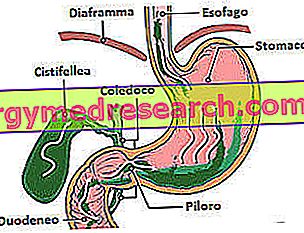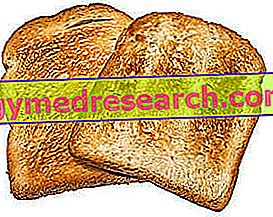This article aims to help the reader in the rapid identification of natural remedies useful in the treatment of various symptoms, disorders and pathologies. For some of the listed remedies, this utility may not have been confirmed by sufficient experimental tests conducted with a scientific method. Furthermore, any natural remedy presents potential risks and contraindications.
If available, we therefore recommend that you click on the link corresponding to the individual remedy to learn more about the topic. In any case, we remind you of the importance of avoiding self-treatment and to consult your doctor beforehand to ascertain the absence of contraindications and drug interactions.

Epistaxis is the technical term with which doctors refer to nasal bleeding; in most cases, this haemorrhage is the consequence of trivial inflammatory problems of the mucous membrane of the septum (colds, clumsy maneuvers with the fingers, rhinitis, hormonal modifications, small traumas, etc.).
More rarely, epistaxis can be the consequence of coagulation disorders (including those induced by excessive use of oral anticoagulants, such as warfarin), hypertension or benign or malignant neoplasms of the nasopharynx.
Medicinal plants and supplements useful against epistaxis
Medicinal herbs useful for stopping the bleeding, because they are rich in tannins: Shepherd's purse, bistorta, consolida, oak mistletoe, nettle, Horsetail, Tormentilla, Idraste, Amamelide, all tannin drugs. There is also a pharmaceutical specialty in witch hazel-based ointment, indicated in the treatment of epistaxis.
Medicinal herbs useful for strengthening the capillary walls: Centella asiatica, ivy, hesperidin, diosmin, horse chestnut, ruscus, rutin, escin, blueberry, red vine, witch hazel, vitamin C.



